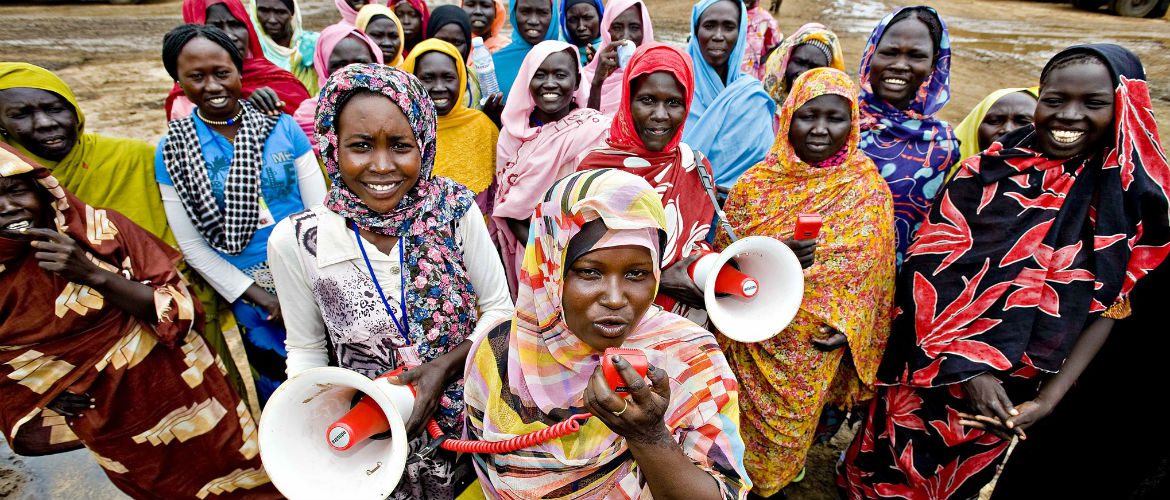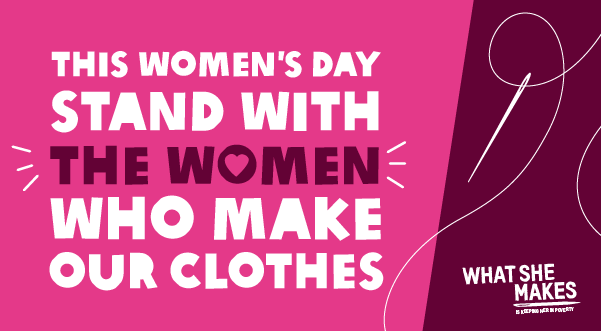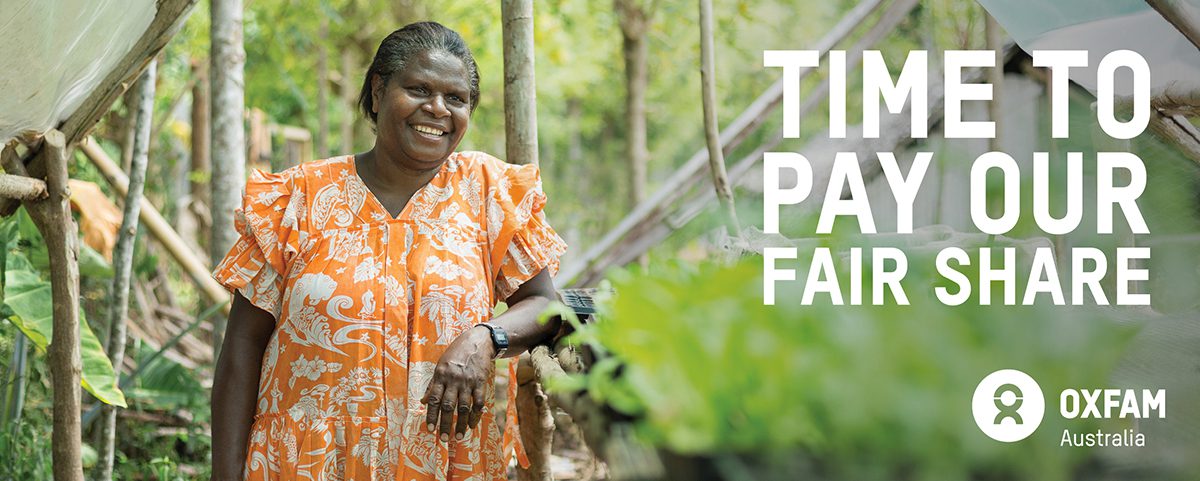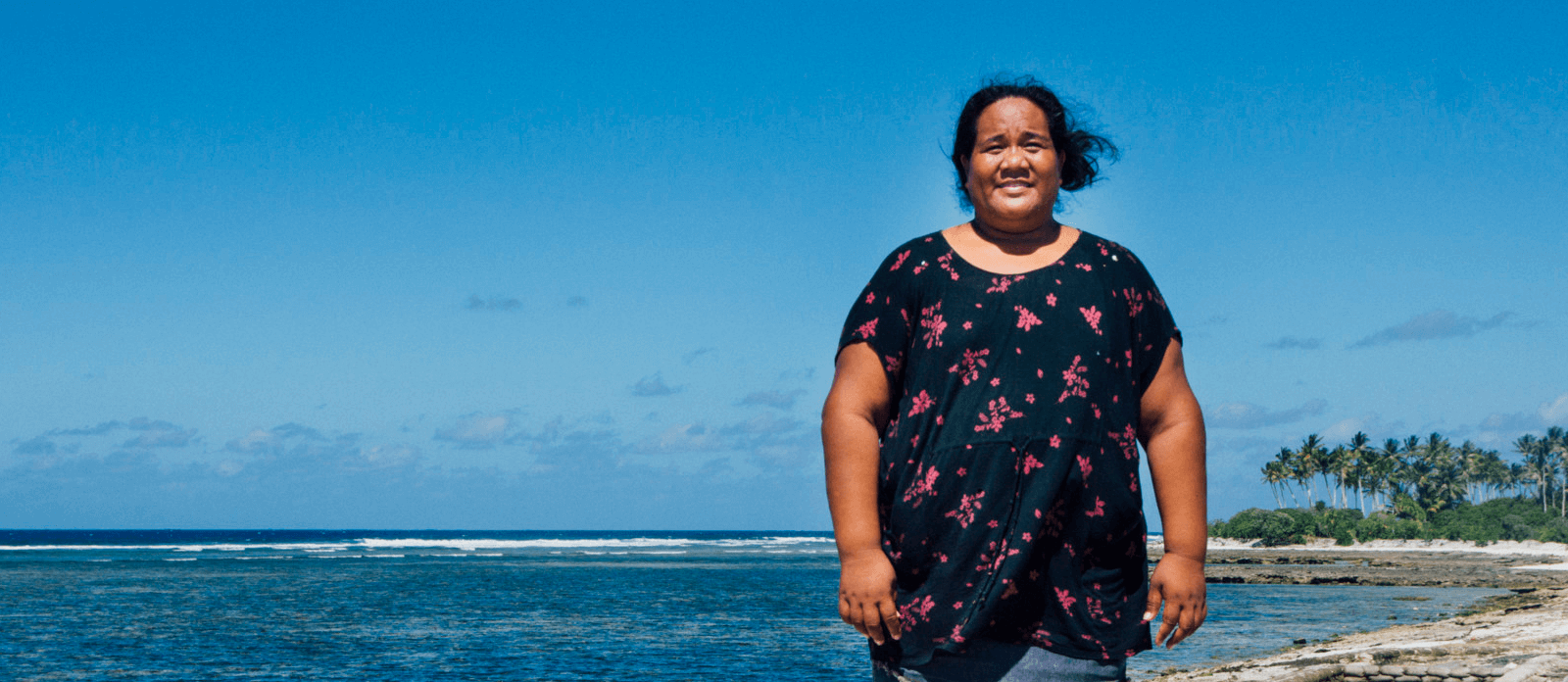The Oxfam sexual misconduct in Haiti in 2011 was about a group of privileged men exploiting women they were supposed to help. It highlighted systematic failures to adequately prevent and respond to the incidents. But, as is most often the case when it comes to stories of abuse, it’s also about power.
In this respect, the Haiti crisis reminds us of what we’re up against. Inequality is woven into the fabric of our society, and an explicitly feminist or rights-based mandate is not immunisation against the unjust political, economic and social forces that shape our world.
Specific incidents of harassment and abuse are the visible signs of a deeper and more fundamental set of problems. This is as true of exploitation in Haiti as it is in Hollywood. Discrimination against women is deeply entrenched in our societies and is often linked to and compounded by other factors, including poverty, race, age and disability.
So what do we do about it? Of course, individual perpetrators should be exposed and punished, but that is not enough. Nor is it enough to establish systems and safeguards designed to prevent or respond to incidents, though, again, those systems are critical.
We must also attack the problem at its source by identifying and challenging unfair distributions of power. We need to know who’s making the decisions and who’s controlling the purse strings. If human rights are being sidelined by those in power, we need to respond.
Across the sector, this should be both an inward and outward looking exercise. At an organisational level, Oxfam has been working for some time towards a model where resources and decision making is shifted from rich countries to developing countries.
At an outward level, the fundamental foundation of our work to eradicate poverty has been to invest in investing in advocacy, campaigns and programming that tackle the injustices faced by women living in poverty. This is a key component of Oxfam International’s suite of actions in response to the Haiti crisis.
Here in Australia women are underrepresented in the halls of power, subjected to alarming rates of gender based violence and are more likely to live below the poverty line, especially if they are Aboriginal or from culturally and linguistically diverse communities.
Next month’s Federal budget is one example of where a feminist approach is needed. For women, the ‘winners and losers’ carve-up does not turn on the childcare rebate alone. Women – who do the lowest paid jobs and shoulder the bulk of unpaid caring responsibilities – would be disproportionately impacted by corporate tax cuts that exacerbate already alarming levels of income and wealth inequality. Similarly, women living in our region would be hit hardest by any further cuts to the aid budget.
Initially a pioneer in gender budget analysis, the Australian government produced a Women’s Budget Statement from 1983-2013, which was amongst the first in the world to examine budgets for their impact on women. The Government needs to reinstate the Women’s Budget Statement to incentivise a budget process that takes women’s rights squarely into account. And if the budget fails women, we need to hold the Government to account.
Of course, these issues are not comparable with those experienced by Haitian women living in the aftermath of a catastrophic earthquake that claimed the lives of around 220 000 people, and the point is not to conflate the two. But the common thread is a global undercurrent money and power being concentrated in the wrong hands, and our job is to shift it.
Rachel Ball is the head of Pubic Policy and Advocacy at Oxfam Australia. She leads the development and implementation of Oxfam Australia’s policy and advocacy agenda, heading up a team that works across labour rights, inequality, mining, gender, climate change, food and humanitarian issues. She tweets at @rachelballl.



